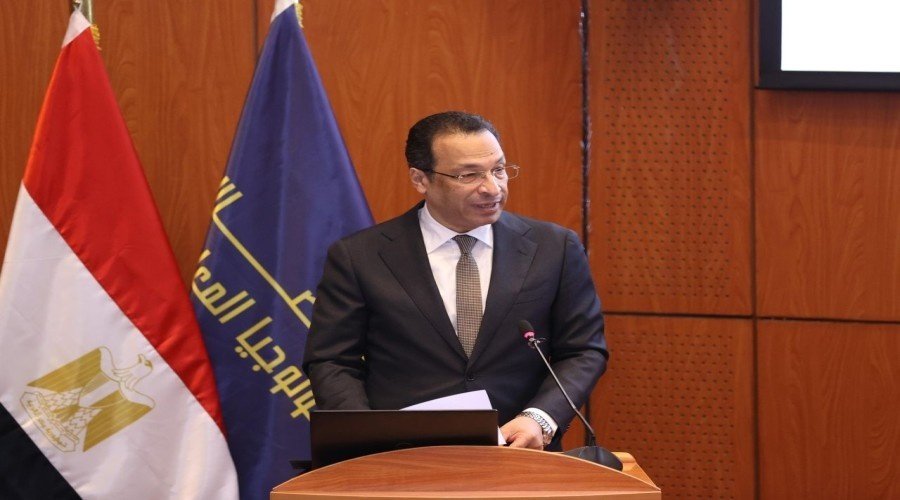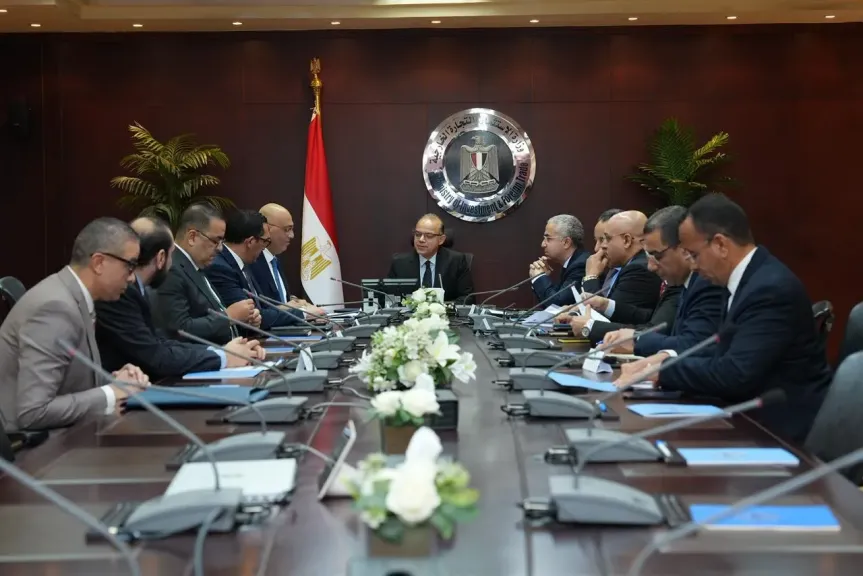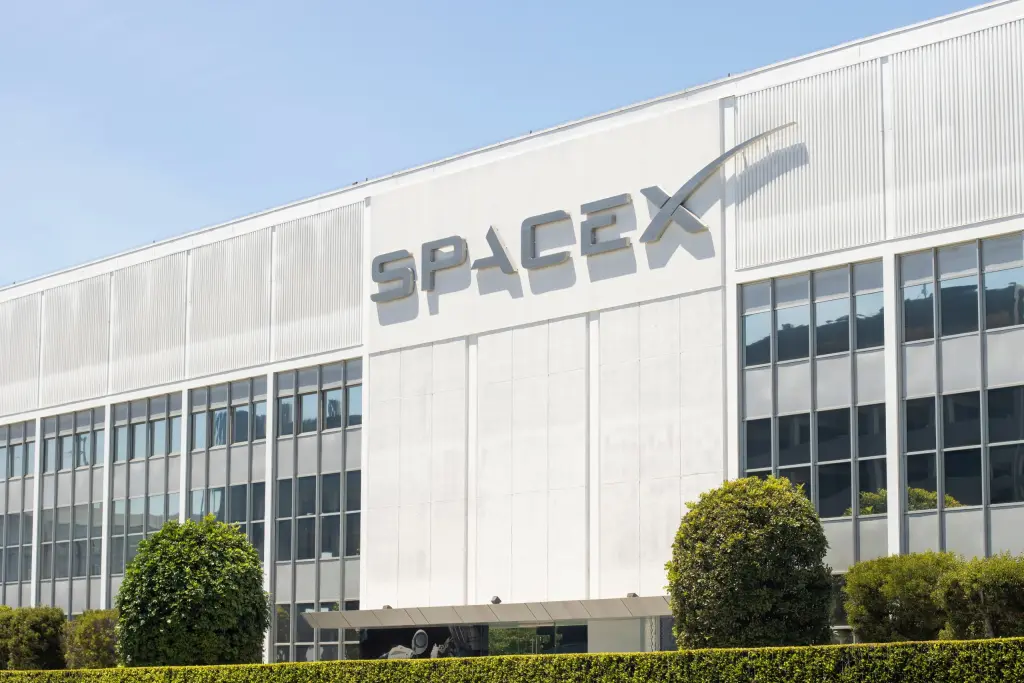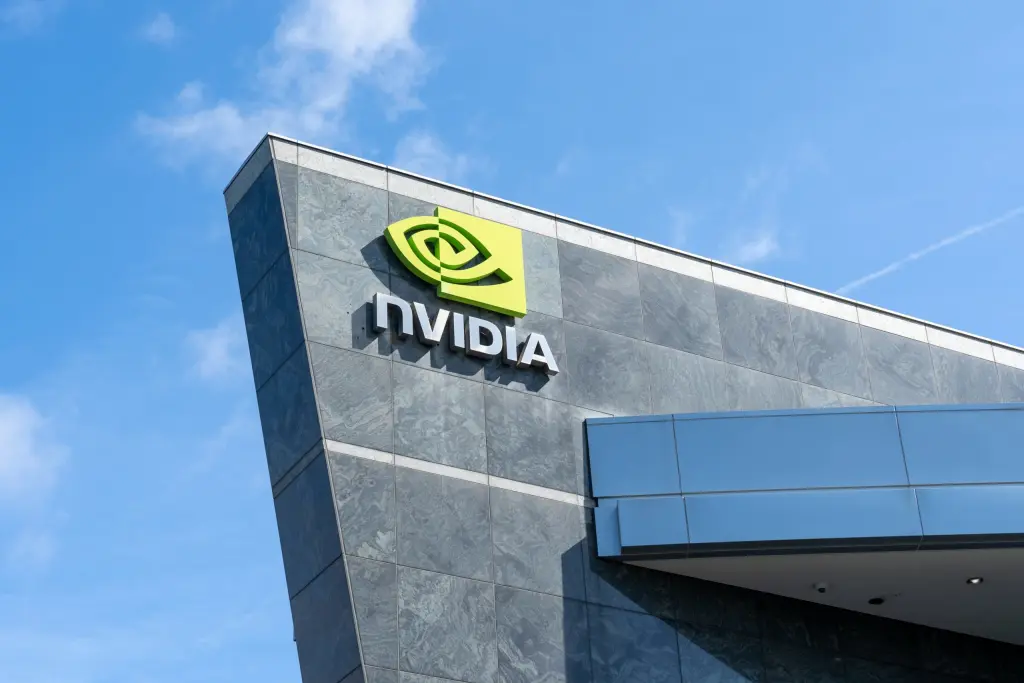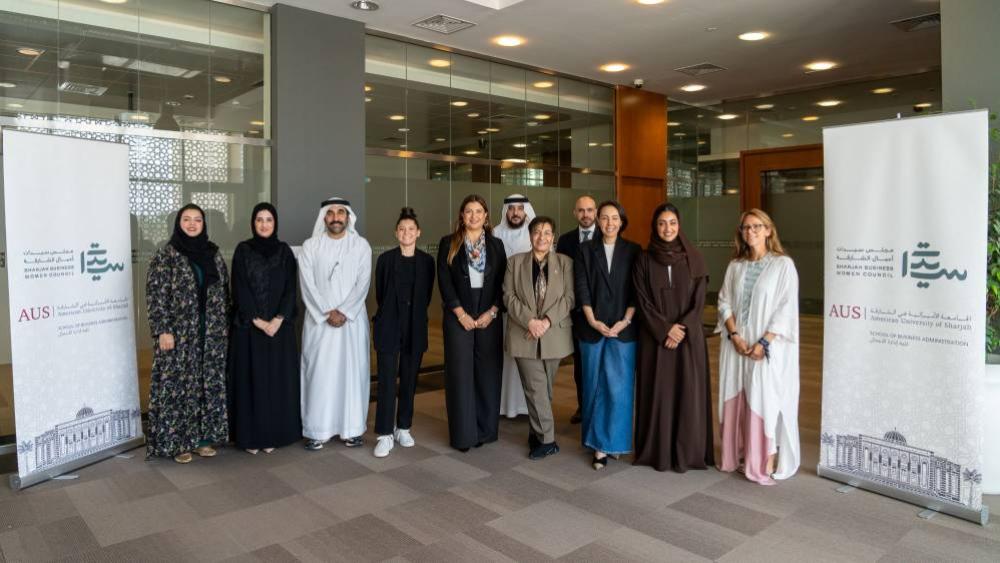SpaceX, the aerospace company founded by Elon Musk, has successfully launched and landed its 11th Starship rocket test flight from its Starbase facility in Texas. The mission, which concluded with a splashdown in the Indian Ocean, marks the final test for the current prototype before the company introduces a new, upgraded version designed for ambitious missions to the Moon and Mars.
A Stepping Stone to Artemis
The successful test is a critical milestone for NASA’s Artemis program, which aims to return humans to the lunar surface for the first time since 1972. The mission saw the Super Heavy booster separate and perform a soft water landing in the Gulf of Mexico, while the Starship upper stage reached space, tested its heat shield tiles during re-entry, and completed its journey. Acting NASA Administrator Sean Duffy praised the mission as “another major step toward landing Americans on the Moon’s south pole.” Under a contract worth over $3 billion, SpaceX’s Starship is central to NASA’s plans, positioning the US in a renewed space race with China, which targets a crewed lunar landing by 2030.
The Next Generation of Starship
With this test flight complete, SpaceX is shifting focus to a more advanced Starship prototype. This next iteration will feature crucial upgrades for long-duration space travel, including docking adapters and hardware for orbital refueling. This complex maneuver, involving two Starships docking in orbit to transfer propellant, is essential for reaching the Moon and Mars. SpaceX President Gwynne Shotwell described the upgraded vehicle as “the one that could take humans to the Moon and Mars,” with its first flight anticipated by the end of the year or early next year. These upgrades are vital for meeting the demanding requirements of the Artemis mission, scheduled for 2027.
Implications for the MENA Space-Tech Ecosystem
While SpaceX is a US-based company, its rapid advancements have significant implications for the burgeoning space-tech sector across the MENA region. Nations like the UAE and Saudi Arabia have made space exploration a national priority as part of their economic diversification strategies. The development of reusable, heavy-lift rockets like Starship drastically lowers the cost of accessing space, creating new opportunities for MENA governments and startups to launch satellites, conduct research, and participate in the global space economy. The technological progress demonstrated by SpaceX serves as both an inspiration and a potential platform for the region’s ambitious space programs, accelerating their timeline for scientific discovery and technological innovation.
About SpaceX
SpaceX designs, manufactures, and launches the world’s most advanced rockets and spacecraft. The company was founded in 2002 by Elon Musk to revolutionize space technology, with the ultimate goal of enabling people to live on other planets. SpaceX is the world’s leading provider of launch services and is the only private company to have returned a spacecraft from low-Earth orbit and transport astronauts to and from the International Space Station.
Source: Tech in Asia


